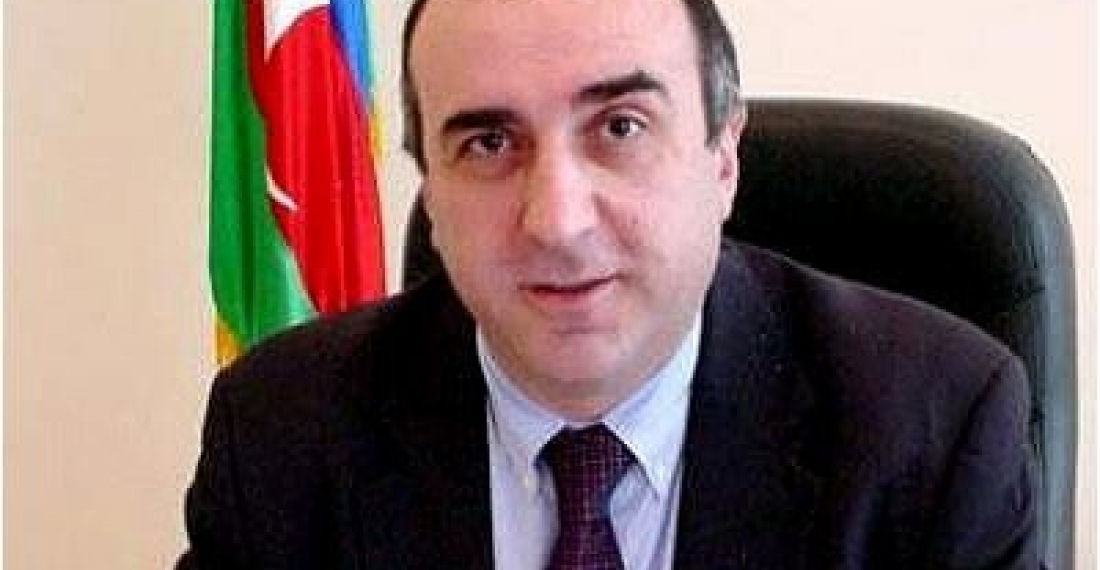Azerbaijani Foreign Minister Elmar Mammadyarov discussed the Nagorno- Karabakh conflict with his Turkish counterpart Ahmet Davutoglu during a meeting on sidelines of ISAF session in Brussels, the Posta newspaper reported.
"At the meeting we discussed the situation in the region and the Nagorno-Karabakh conflict. We have common views on many issues. The meeting was successful," Davutoglu told Turkish journalists. Since 1992 the OSCE Minsk Group represented by co-chairs from Russia, U.S. and France has been mediating in resolution of the conflict unleashed by Azerbaijan in 1988. At present the peace process is based on the Madrid Principles suggested by the OSCE MG in 2007 in Madrid and renovated in 2009.
Foreign Ministers of Turkey an Azerbaijan discuss Karabakh conflict in Brussels
Foreign Ministers of Turkey an Azerbaijan discuss Karabakh conflict in Brussels







